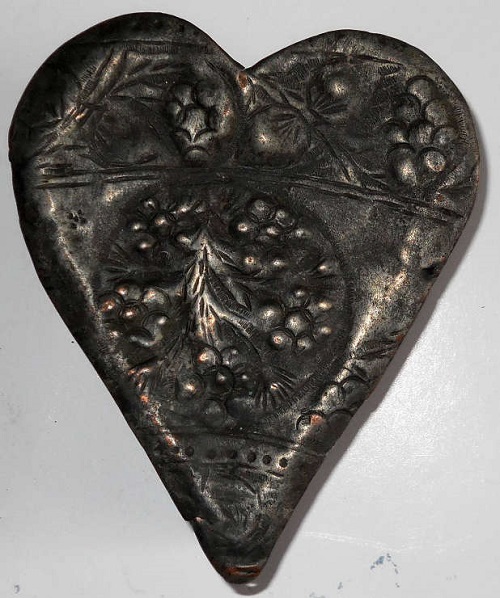FWP:
SETS == IDIOMS;
INEXPRESSIBILITY; PARALLELISM
SPEAKING: {14,4}
The rhyming elements of this whole ghazal set up what often becomes the 'inexpressibility trope', an exclamation about how something can't be described, or a claim that nothing can be said about it, or a kind of colloquial 'don't even ask!' sense (accompanied by rolling one's eyes). The extremely expressive and idiomatic kyaa kahiye can do this and other tricks as well, as we see in the course of the ghazal. Just to show that he can turn it all on and off at will, Ghalib also gives us {201,3}, {201,5}, {201,6}, which have been engineered to strip out the secondary effects and integrate the refrain with perfect matter-of-factness into the grammar of the line. For examples of the flexible uses of kahiye itself, see {209}.
In this verse there's all that, plus a kind of idiomatic shrug of
the shoulders, so full of implication -- as well as the readings that the commentators have brought
out. There's also a nice wordplay and meaning-play-- the job of the Messenger
is to carry and present words, so 'what can you say?' has an enjoyable affinity
with his task.

Ghalib:
[1853, to Haqir:] Brother, here the King has established a mushairah in the Fort, on the 15th and the 29th. His Majesty fixes one pattern line for Persian, and one for Rekhtah. This time, when the mushairah of the 30th of Jumadi us-Sani [April 9, 1853] took place, the pattern line for... Rekhtah was ;xumaar-e ((ishq hame;N kis qadar hai kyaa kahiye , na:zar hai kyaa kahiye , ;xabar hai kyaa kahiye . I wrote one ghazal in Persian and one in Rekhtah according to the pattern [{201}], and another in Rekhtah in which I brought out a different aspect [.suurat] of the pattern [{209}]. I am writing out all three ghazals for you. Read them, and show them to Miyan Taftah too.
==Urdu text: Khaliq Anjum vol. 3, pp. 1124-28
==another trans: Russell and Islam, pp. 83-84